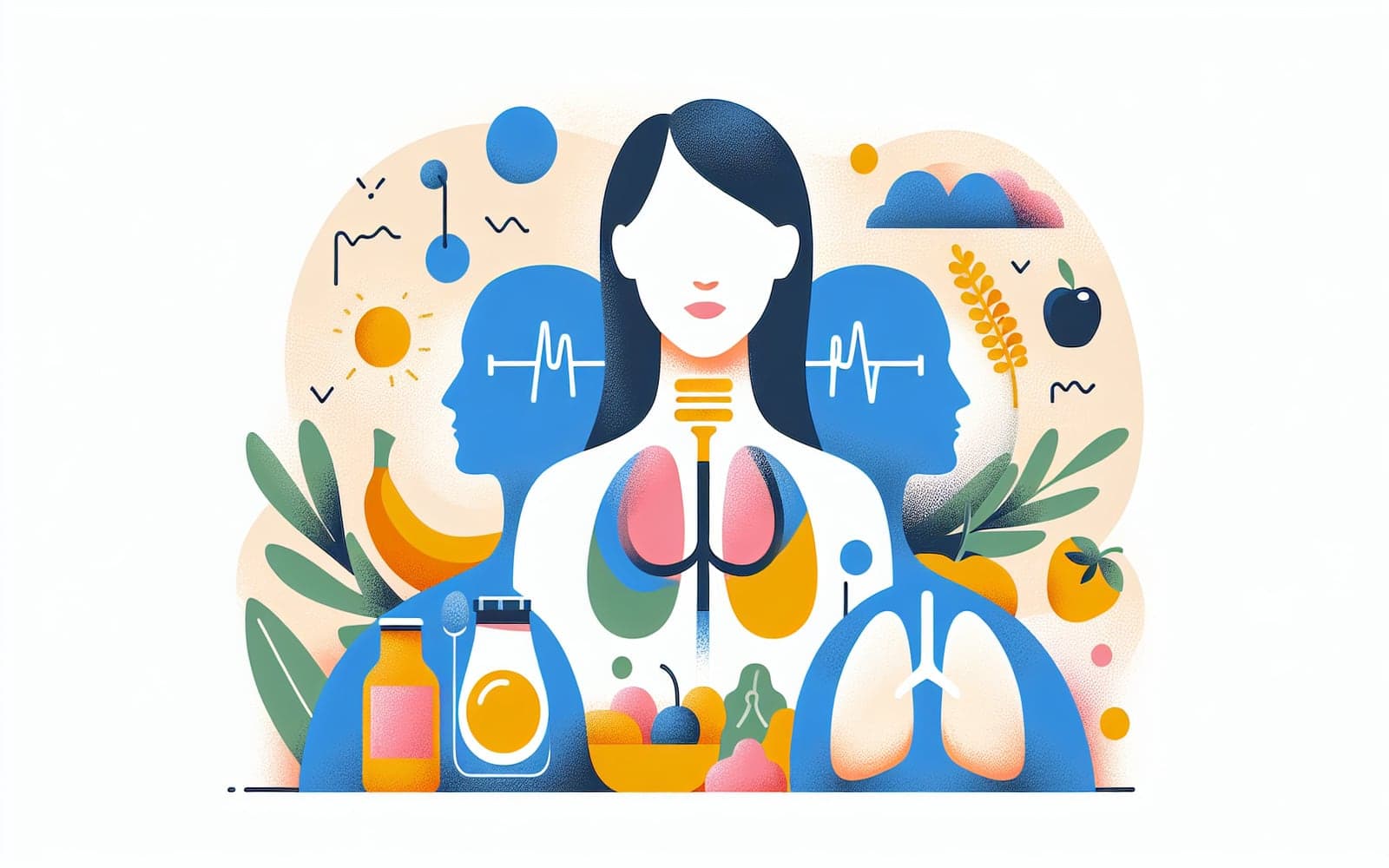Can Your Diet Influence Thyroid Function During Illness?
Published: Oct 09, 2023
Explore how your diet might play a role in thyroid function when you're dealing with severe illness. This article dives into how certain nutrients and eating patterns can affect your thyroid hormones.
Contents
Thyroid Function and Illness
When you're sick, especially with a serious illness, your thyroid function can change significantly. Thyroid hormones, which include thyroxine (T4) and triiodothyronine (T3), usually drop because the body's metabolism slows down. This slowdown is sometimes a protective mechanism to conserve energy and prevent excessive breakdown of tissues.
Nutritional Impact on Thyroid Hormones
Dietary patterns can influence how your thyroid hormones behave during illness. When you're not eating enough, the production of the active thyroid hormone T3 can decrease, as the body adapts to conserve energy. This decrease might be beneficial in reducing muscle breakdown and preserving body protein stores.

Role of Free Fatty Acids
High levels of free fatty acids, which can occur during critical illness, may also affect thyroid hormone binding. These fatty acids can interfere with the proteins that transport thyroid hormones in the blood, potentially altering hormone levels and affecting how they work in the body.
Frequently Asked Questions
Serious illness can cause a drop in thyroid hormones as the body's metabolism slows to conserve energy.
Yes, not eating enough can reduce active thyroid hormone levels, which might help preserve body protein.
High free fatty acid levels can interfere with thyroid hormone transport in the blood.
Key Takeaways
Could adjusting your diet be a key to managing thyroid function during illness?
Next steps: Discuss with Doctronic how your diet might impact your thyroid during illness!Related Articles
References
Chopra IJ, Clinical review 86: Euthyroid sick syndrome: is it a misnomer?, J Clin Endocrinol Metab 1997; 82:329.
Lee S, Farwell AP, Euthyroid Sick Syndrome, Compr Physiol 2016; 6:1071.
Always discuss health information with your healthcare provider.